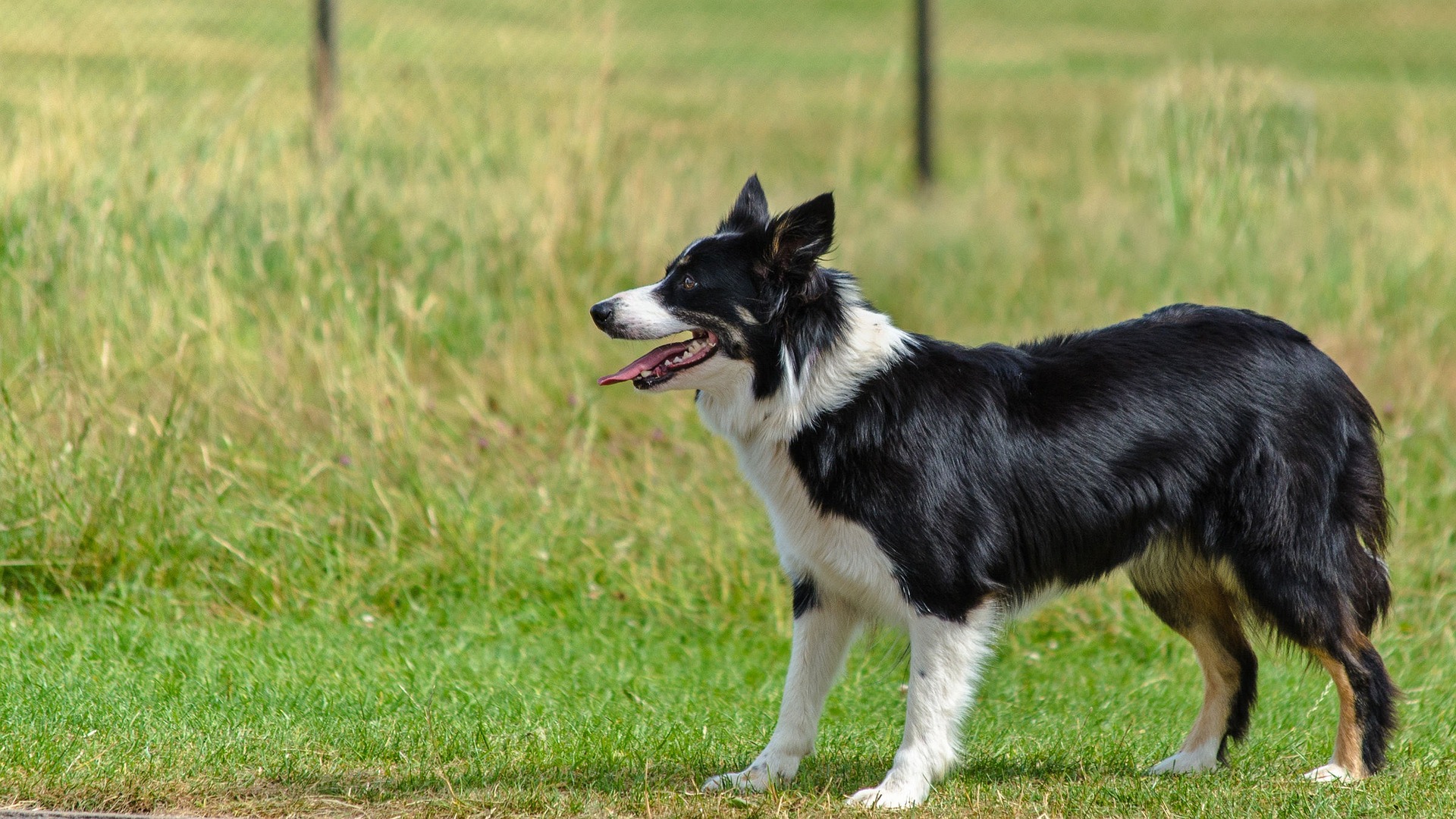As a seasoned enthusiast of Obedience competitions, I’ve had the privilege of interacting with numerous experts in the field, including seasoned judges, trainers, and handlers. Through these conversations, I’ve gained a deep understanding of the vital role judges play in shaping the outcome of these competitions. In this article, we’ll delve into the role of a judge in an OCI competition, exploring the nuances of their responsibilities, the skills required to excel in this position, and the impact of their decisions on the sport as a whole.
Introduction to Obedience Competitions
Obedience competitions, such as those sanctioned by the Obedience Club International (OCI), bring together dogs and their handlers from around the world to showcase their skills, teamwork, and dedication to the sport. At the heart of these competitions lies the judge, whose expertise and impartiality are crucial in evaluating the performance of each team. But what exactly is the role of a judge in an OCI competition, and how do they contribute to the success of these events?
The Role of a Judge in an OCI Competition
A judge in an OCI competition is responsible for evaluating the performance of each dog-handler team, assessing their ability to execute a series of predetermined exercises, such as heeling, stays, and jumps. The judge’s primary objective is to identify the team that demonstrates the highest level of obedience, precision, and teamwork, while also ensuring a safe and enjoyable experience for all participants. To achieve this, judges must possess an in-depth understanding of the sport, its rules, and the criteria used to evaluate performances.
According to experts in the field, a good judge should be able to distinguish between minor errors and more significant mistakes, taking into account factors such as the dog’s breed, age, and experience level. For instance, a judge may be more lenient when evaluating a young dog’s performance, acknowledging that they are still in the process of learning and developing their skills. In contrast, a more experienced dog may be expected to demonstrate a higher level of precision and control.
Key Skills and Qualities of a Judge
To excel as a judge in an OCI competition, an individual must possess a unique combination of skills and qualities. Some of the most important include:
- Extensive knowledge of Obedience regulations and rules: A judge must be well-versed in the rules and regulations governing Obedience competitions, including those specific to the OCI.
- Experience in handling and training dogs: A background in dog handling and training is essential for understanding the nuances of canine behavior and the challenges faced by handlers.
- Impartiality and objectivity: Judges must be able to evaluate performances without bias, focusing solely on the merits of each team.
- Attention to detail: A judge must be able to detect even the slightest errors or deviations from the required standard, while also recognizing exceptional performances.
- Effective communication skills: Judges must be able to clearly articulate their decisions and provide constructive feedback to handlers, helping them to improve their skills and performances.
Examples from the Field
I recall a conversation with a seasoned judge, who shared with me an experience from a recent competition. A handler, new to the sport, was struggling to execute a particular exercise, with their dog consistently failing to respond to commands. The judge, rather than simply penalizing the team, took the time to offer constructive feedback and guidance, helping the handler to identify areas for improvement and providing them with valuable insight into the skills required to succeed in the sport.
This anecdote highlights the importance of effective communication and the role judges play in supporting the development of handlers and their dogs. By providing detailed feedback and guidance, judges can help teams to improve their performances, while also contributing to the growth and evolution of the sport as a whole.
The Impact of Judges on Obedience Competitions
The decisions made by judges in Obedience competitions have a significant impact on the sport, influencing not only the outcome of individual events but also the development of handlers and their dogs. By setting high standards and providing constructive feedback, judges help to drive the sport forward, promoting excellence and encouraging teams to strive for perfection.
Furthermore, judges play a critical role in maintaining the integrity of Obedience competitions, ensuring that all participants are held to the same standards and that the rules are applied consistently. This helps to build trust and confidence among handlers, owners, and spectators, reinforcing the sport’s reputation for fairness and transparency.
Conclusion
In conclusion, the role of a judge in an OCI competition is multifaceted and demanding, requiring a unique blend of knowledge, skills, and experience. By understanding the intricacies of Obedience regulations, possessing a deep appreciation for canine behavior, and demonstrating impartiality and objectivity, judges play a vital role in shaping the outcome of these competitions. As we’ve seen, their decisions have a profound impact on the sport, influencing the development of handlers and their dogs, while also maintaining the integrity and fairness of Obedience competitions. Whether you’re a seasoned competitor or simply a spectator, the next time you attend an OCI competition, take a moment to appreciate the dedication and expertise of the judges, whose contributions are essential to the success of this thrilling and rewarding sport.
For those interested in learning more about the role of judges in Obedience competitions, I recommend exploring the following resources:
- Obedience Club International (OCI) regulations and rules
- American Kennel Club (AKC) Obedience regulations and rules
- International Organization for the Promotion of Obedience (IOPO) guidelines and resources
By delving deeper into the world of Obedience competitions, you’ll gain a deeper appreciation for the skills and expertise required to excel in this sport, as well as the crucial role judges play in shaping its future.
